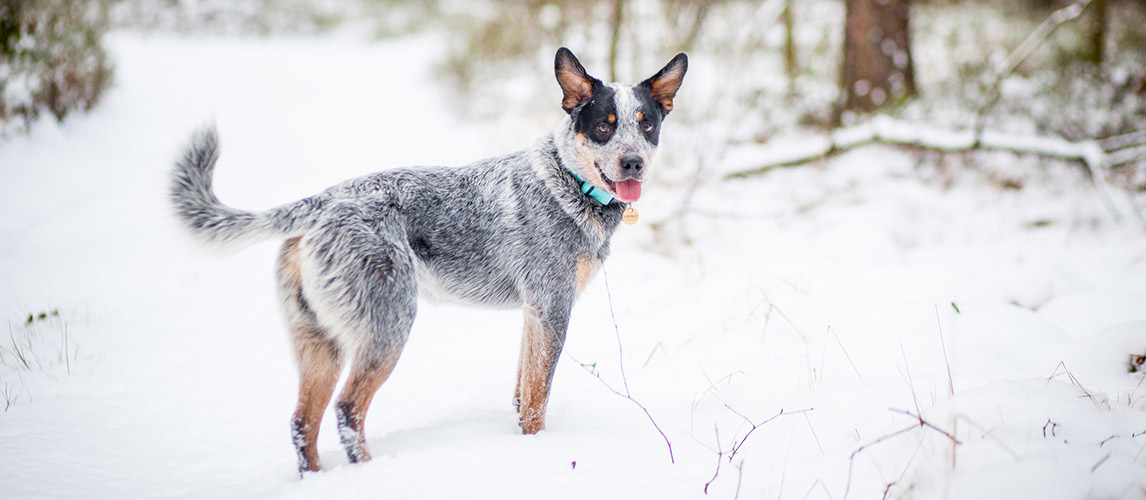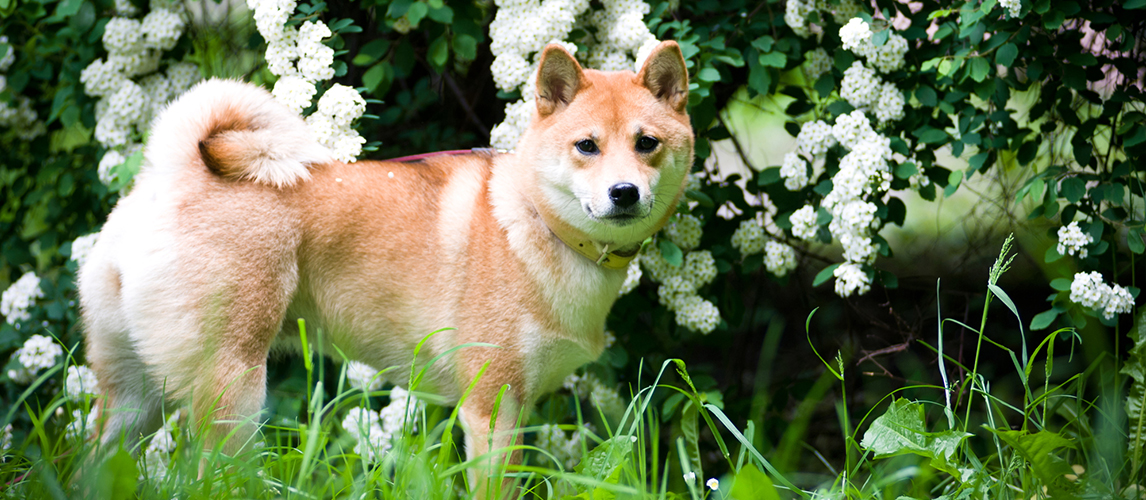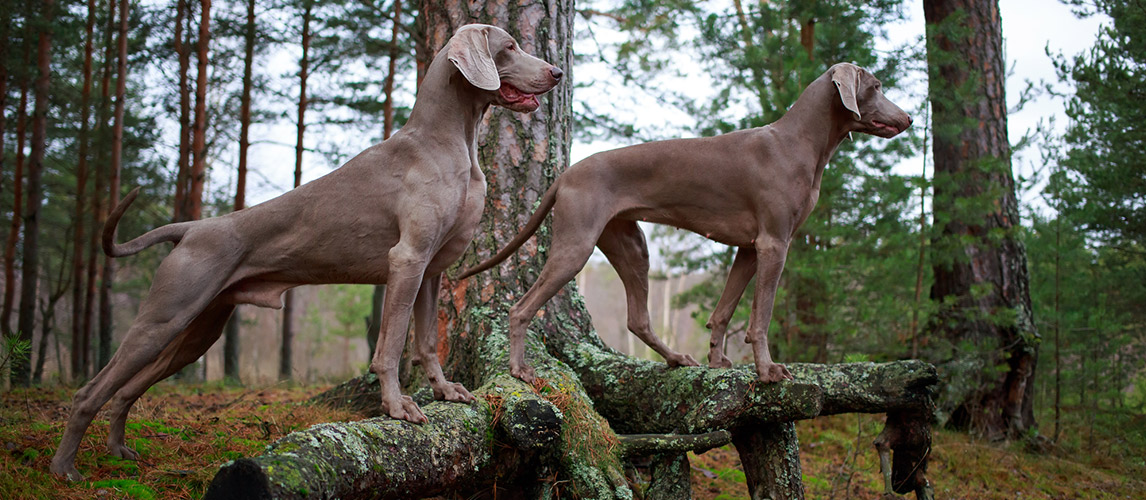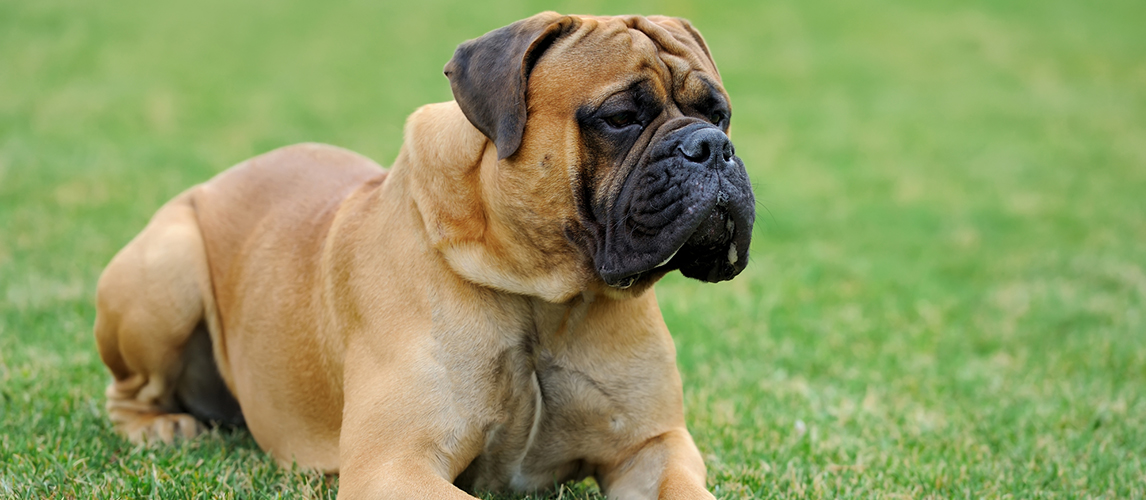Humans and animals cannot have the same diet. It is not just that your pet may be a carnivore or herbivore, while we are omnivores, but individual foods that are great for us can make your animal friends very ill. As a dog owner, it is important that you know what foods are healthy and safe for your dog, and what could put them in danger. While it may be impossible to memorize absolutely every food, make sure you look-up online or check with a vet before you feed your dog anything new.
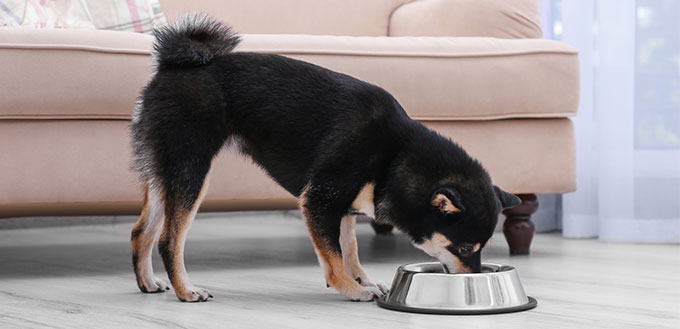
What Are Radishes?
Radishes are fairly straightforward foods to understand. While tomatoes are secretly fruits, and green beans could technically be described as fruits, radishes are definitely vegetables. They are small and round, and grow underground as a root vegetable, much like potatoes. They can come in a variety of colors, but are most commonly red, but all radishes are a very bright white on the inside. If you have never tried a radish before, try adding it to a salad. Slice it up into fairly small bites as you’ll find it is crunchy, powerful and quite spicy.
Can Dogs Eat Vegetables?
As radishes are vegetables, the first question we must ask is ‘can your dog eat vegetables?’. There is some debate around whether dogs are carnivores, who eat animal products, or omnivores, who can eat both animal products and plant products. This debate, however, mostly tries to understand dog’s diets as a whole and what should constitute the highest proportion of a dog’s diet. In terms of whether dogs can eat vegetables, or not, we have known for many centuries that they can.
It is not enough to know that your dog can eat vegetables, however. Some vegetables may be bad for dogs as they can contain nutrients that can make your dog very ill, or even kill them. Luckily, radishes are not fatal. In fact, they can be considered quite healthy for dogs because they contain:
- A lot of protein
- Fiber
- Vitamin C
- Potassium
They may also be great for your dog’s teeth because they are usually very dry and will remove plaque from the teeth as your dog chews the radish.
On the other hand, radish greens, which are the green leaves on a radish plant, should not be fed to your dog. While they aren’t entirely poisonous, they will irritate your dog’s stomach. You must also be aware that wild radishes are not suitable for your dog. Wild radishes are yellow or white flowers that have seeds that are toxic for dogs. Do not feed them to your dog.
Will Your Dog Like Radish?
Regardless of how healthy the radish is, the most important question when considering a new food for your dog is ‘will they enjoy it?’. It is not common for dogs to like eating radishes. The flavor is very powerful and spicy, which is usually unpleasant for them.
If you want to find out whether your dog will enjoy eating radish, it is worthwhile to try out small amounts at first. Try offering them a very small piece, or, better yet, add it as one ingredient in a meal. You could sprinkle it into their dog food, or you could make them a salad with other vegetables they enjoy, such as carrots and cucumbers.
You can offer your dog cooked or raw radish. Raw radish will be crunchier, which can entice your dog and will be better for their teeth. As with all cooked foods, you must keep the food free from sauces, creams and spices as these could hurt your pet’s stomach and may be toxic. Do not feed your dog pickled radish as it has too much salt, preservatives and spices. Boiled radish is best, and may make the flavor more palatable, though be careful not to excessively boil the nutrients away.
Should You Feed Your Dog Radish?
So, we’ve answered the question ‘can my dog eat radish?’ with a definite ‘yes’. But, there is a more important question that you must consider when you are researching what to feed your pets – ‘what should you be feeding them?’. Sometimes your pet is able to eat something, but shouldn’t eat it too often, and other times something is very healthy for your pet, but they just won’t like it.
Radishes are closer to the second option. However, the truth is they aren’t even that healthy. They are definitely a healthy food to offer to your dog, but they are not a magical super-food that is worth feeding to your dog against their will or preferences. Don’t worry too much if your dog dislikes radish and won’t eat it. They can get their nutrients elsewhere. Ultimately, if your dog doesn’t like radish, you shouldn’t feed it to them as the benefits will not outweigh the costs.
If your dog does like radish, however, they can eat it and you should give it to them, but you mustn’t use radish as the foundation of their diet. Remember that the strong taste can upset their stomach. Moderation is key when it comes to radish, so it works best as a treat or a supplement. Add it to their food or work it into your weekly schedule, but don’t feed it to them for every meal.
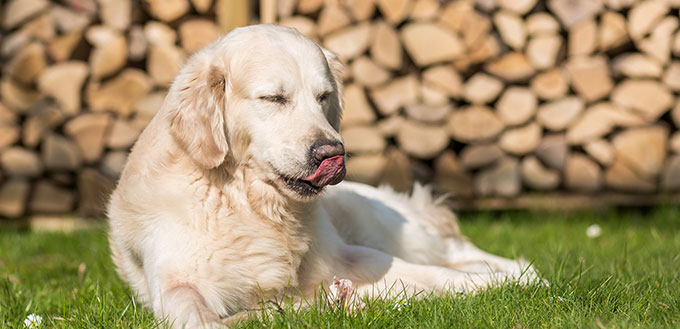
Can Dogs Eat Other Kinds of Radish?
We’ve already mentioned that wild radishes are not a good option for your dog due to their toxic seeds. Similarly, the greens and leaves of radishes can irritate your dog’s stomach. Only the radish itself is suitable as a food for dogs. There are other radishes, however, that you may be considering feeding to your dog, but you cannot assume they have the same properties and considerations as common radishes. Here are two of the most common varieties of radish:
- Horseradish
Horseradish is a similarly spicy root vegetable that many people like to add to their salads and foods to bring out the flavor of their meals. In some households it is just as common as tomato sauce and mayonnaise as an additional side. However, unlike radishes, horseradish should never be fed to your dog. It is too spicy and will irritate their stomach.
- White Radish
As the names suggests, a white radish is entirely white, but it is also bigger than red radishes. You may better know this radish as a daikon radish or winter radish as it commonly eaten in South East Asia and is harvested in winter. The good news is that white radishes can be fed to dogs in the same way red radishes can be. For dogs who like its spicy flavor, it can be a nice treat or addition to their balanced diet.
You May Also Like: What Can Dogs Eat
Sources:
- Jasey Kelly, List of Fruits & Vegetables Dogs Can Eat, The Nest
- Dr. Wendy Newell, What Vegetables Can Dogs Eat?, Whole Dog Journal
- Are Veggies Good for My Dog?, WebMD
- Robin Downing, DVM, CVPP, Feeding Times and Frequency for Your Dog, VCA Hospitals



